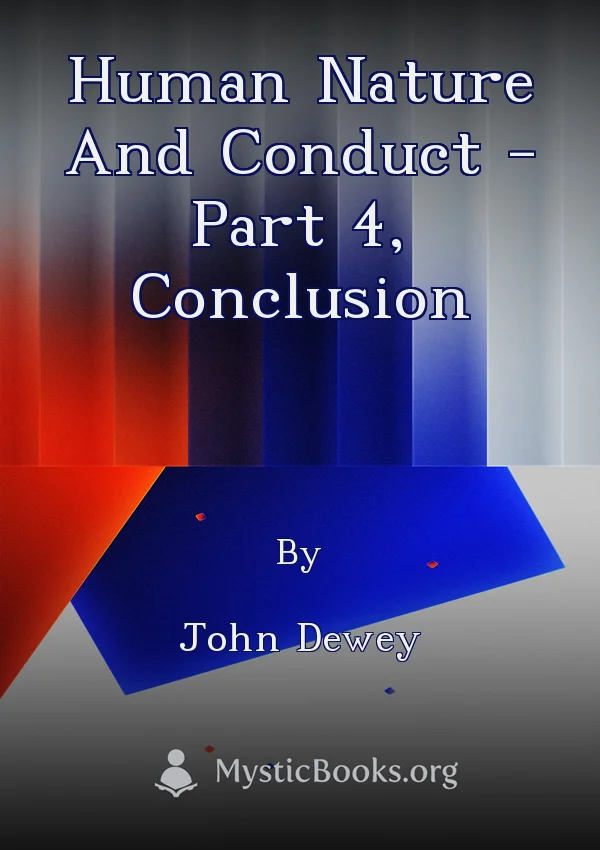
Human Nature and Conduct - Part 4, Conclusion
by John Dewey
'Human Nature and Conduct - Part 4, Conclusion' Summary
In *Human Nature and Conduct*, John Dewey presents a compelling argument for understanding human behavior as a product of the dynamic interaction between individuals and their environments. Rejecting rigid moral frameworks, he emphasizes the role of 'habits' and 'impulses' in shaping actions and shaping individual character. Dewey challenges traditional notions of freedom, arguing that true freedom lies in the capacity for action and the ability to explore novel possibilities. He further emphasizes the social nature of morality, highlighting the influence of social pressures and opportunities on individual conduct. Throughout the book, Dewey employs the concept of 'dramatic rehearsal' to explain how individuals make ethical judgments, arguing that emotional and imaginative considerations play a crucial role in navigating complex situations. By exploring the interplay of individual agency, social context, and emotional intelligence, Dewey offers a nuanced and evolving understanding of morality, one that emphasizes the dynamic interplay of human nature and conduct within a constantly changing social landscape.Book Details
Language
EnglishOriginal Language
Published In
Genre/Category
Tags/Keywords
Authors
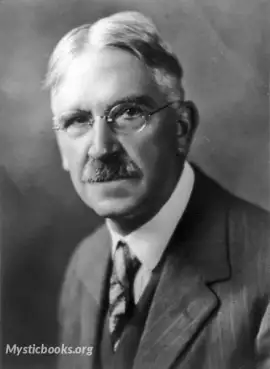
John Dewey
United States
John Dewey was an American philosopher, psychologist, and educational reformer whose ideas have been influential in education and social reform. He was one of the most prominent American scholars in t...
Books by John DeweyDownload eBooks
Listen/Download Audiobook
- Select Speed
Related books
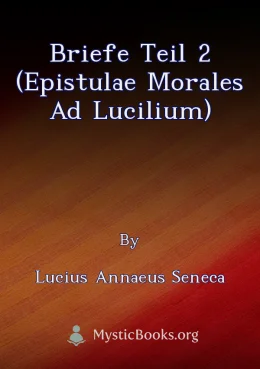
Briefe Teil 2 (Epistulae morales ad Lucilium) by Lucius Annaeus Seneca
Senecas "Briefe an Lucilius" sind eine Sammlung von 124 Briefen, in denen der römische Stoiker Seneca dem jungen Lucilius seine Philosophie erläutert....

Bushido: The Soul of Japan by Inazo Nitobe
Bushido: The Soul of Japan is, along with Hagakure by Yamamoto Tsunetomo a study of the way of the samurai. A best-seller in its day, it was read by m...
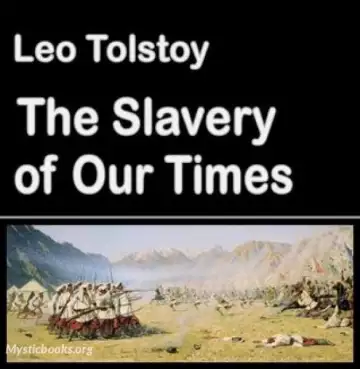
The Slavery of Our Times by Leo Tolstoy
This little book shows, in a short, clear, and systematic manner, how the principle of Non-Resistance, about which Tolstoy has written so much, is rel...
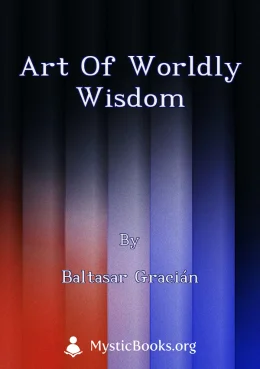
Art of Worldly Wisdom by Baltasar Gracián
The Art of Worldly Wisdom is a collection of 300 insightful maxims written by Baltasar Gracián, a Spanish Jesuit priest, in the 17th century. Gracián'...
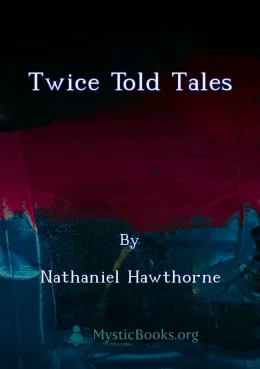
Twice Told Tales by Nathaniel Hawthorne
Nathaniel Hawthorne's *Twice-Told Tales* is a collection of short stories that explore themes of sin, guilt, and the dark side of human nature. Set pr...
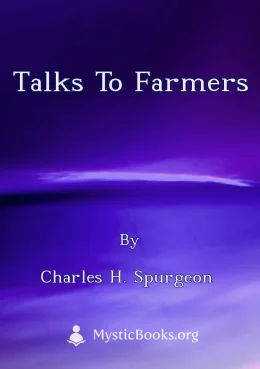
Talks To Farmers by Charles H. Spurgeon
This book comprises nineteen sermons delivered by renowned Baptist preacher Charles Spurgeon. The sermons utilize imagery and illustrations drawn from...
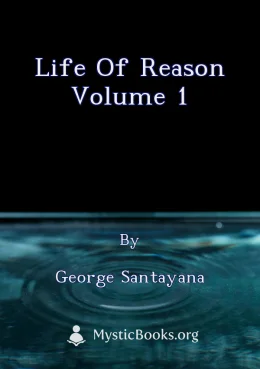
Life of Reason volume 1 by George Santayana
The Life of Reason, a five-volume work by George Santayana, is a comprehensive examination of human progress and the role of reason in shaping our liv...

Miracle, and Other Poems by Virna Sheard
This book, "Miracle, and Other Poems" by Virna Sheard, is a collection of poems exploring a wide spectrum of human emotions and experiences. The poems...
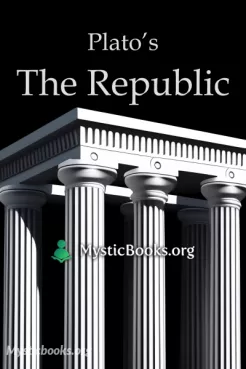
Plato's Republic by Plato (Πλάτων)
Plato's Republic is a Socratic dialogue which deals mainly with the definition of justice, the characteristics of a just city state and the just man....
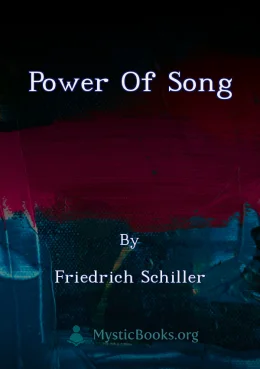
Power of Song by Friedrich Schiller
Friedrich Schiller's *The Power of Song* is an ode that celebrates the transformative power of music and its ability to inspire joy, freedom, and unit...
Reviews for Human Nature and Conduct - Part 4, Conclusion
No reviews posted or approved, yet...